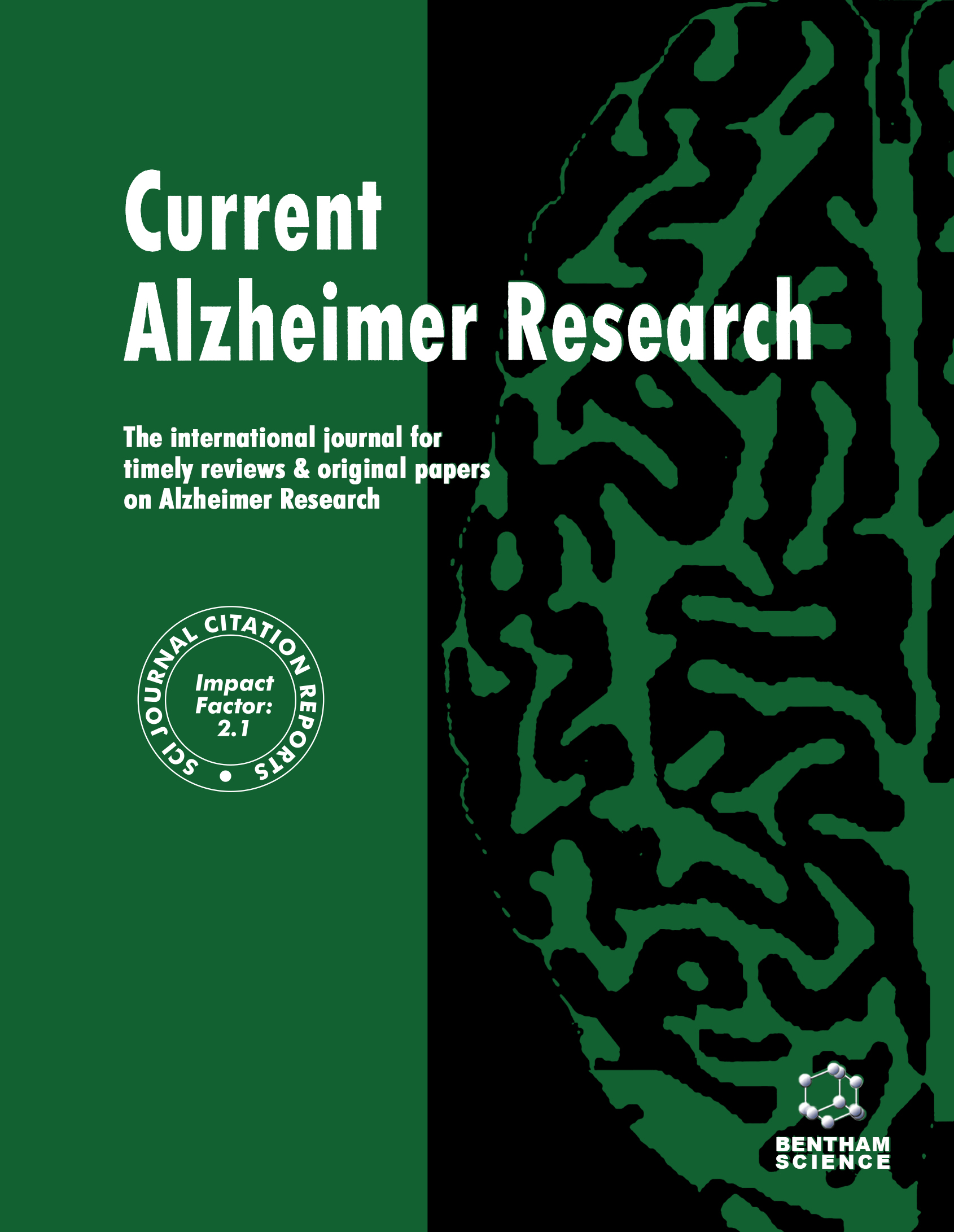-
s Inflammation in the CNS: Understanding Various Aspects of the Pathogenesis of Alzheimer's Disease
- Source: Current Alzheimer Research, Volume 19, Issue 1, Jan 2022, p. 16 - 31
-
- 01 Jan 2022
Abstract
Alzheimer’s disease is a progressive and deadly neurodegenerative disorder and one of the most common causes of dementia globally. Current, insufficiently sensitive and specific methods of early diagnosing and monitoring this disease prompt a search for new tools. Numerous literature data have indicated that the pathogenesis of Alzheimer’s disease (AD) is not limited to the neuronal compartment but involves various immunological mechanisms. Neuroinflammation has been recognized as a very important process in AD pathology. It seems to play pleiotropic roles, both neuroprotective and neurodegenerative, in the development of cognitive impairment depending on the stage of the disease. Mounting evidence demonstrates that inflammatory proteins could be considered biomarkers of disease progression. Therefore, the present review summarizes the role of some inflammatory molecules and their potential utility in detecting and monitoring dementia severity. This paper also provides a valuable insight into new mechanisms leading to the development of dementia, which might be useful in discovering possible anti-inflammatory treatment.


